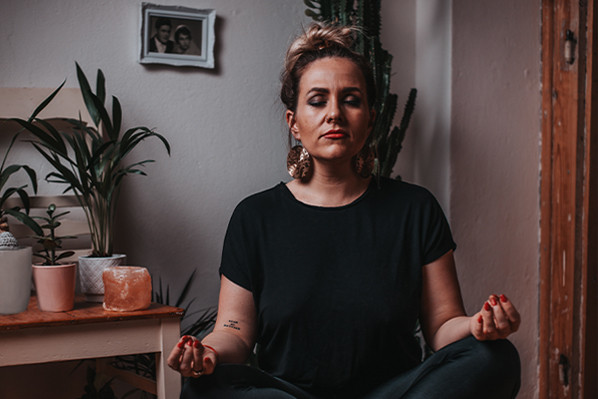Do I Need A Will?
Whatever your age, if you’ve assets such as a home, savings, or a business, and people or others you’d like to look after, then consider making a will.
All sorts of problems can arise if someone dies without one. Having a will is an effective way of making sure your assets are handled and distributed in the way you want.
Why it’s Important to make a Will
A will sets out who is to benefit from your property and possessions (your estate) after your death. There are many good reasons to make a will:
• You can decide how your assets are shared – if you don’t have a will the law says who gets what
• If you are an unmarried couple you can make sure your partner is provided for
• If you are divorced, you can decide whether to leave anything to your former partner
• You can make sure you don’t pay more Inheritance Tax than necessary
If you die without a will (called dying intestate), the intestacy rules determine who inherits what want when you die.
Requirements for a valid Will
In order for a will to be valid, it must be:-
• Made by a person who is 18 years old or over and made voluntarily and without pressure from any other person; and
• Made by a person who is of sound mind. This means the person must be fully aware of the nature of the document being written or signed and aware of the property and the identity of the people who may inherit; and made in writing; and
• Signed by the person making the will in the presence of two witnesses; and
• Signed by the two witnesses, in the presence of the person making the will, after it has been signed. A witness or the married partner of a witness cannot benefit from a will. If a witness is a beneficiary (or the married partner or civil partner of a beneficiary), the will is still valid but the beneficiary will not be able to inherit under the will.
Although it will be legally valid even if it is not dated, it is advisable to ensure that the will also includes the date on which it is signed.
As soon as the will is signed and witnessed, it is complete.
If someone makes a will but it is not legally valid, on their death their estate will be shared out under certain rules, not according to the wishes expressed in the will.
What Should be Included in a Will?
To save time and reduce costs when going to a solicitor, you should give some thought to the major points which you want included in your will. You should consider such things as:-
• How much money and what property and possessions you have, for example, property, savings, occupational and personal pensions, insurance policies, bank and building society accounts, shares
• Who you want to benefit from your will. You should make a list of all the people to whom you wish to leave money or possessions. These people are known as beneficiaries. You also need to consider whether you wish to leave any money to charity
• Who should look after any children under 18
• Who is going to sort out the estate and carry out your wishes as set out in the will. These people are known as the executors
There are a number of different ways to make a will.
Making a will with a solicitor
Most people use a solicitor. Ask about their experience and whether they belong to the Society of Trust and Estate Practitioners (STEP). If you need advice on inheritance tax, for instance, check that the person who is writing up your will has additional tax qualifications and knows what they’re doing.
Making a will with a will writer
If you use a will writer, rather than a solicitor, check whether they belong to the Institute of Professional Will Writers or the Society of Will Writers. Ask for evidence of indemnity insurance and for details about procedures should you or your beneficiaries have a problem with the will.
Making a will with a bank
If you use your bank to make your will, check how its will-writing service is regulated and who actually provides the service.
How to change your will after you’ve written it
It’s sensible to review your will every few years and consider amending it or even writing a new one if there is a change in circumstances, such as if you get married, have children or get divorced.
Changes to a will can be made by codicil – an addendum to the original will – or by revoking the old will and drawing up a new one. You can revoke a will by physically destroying it. If the change is relatively simple, you can write a codicil and get it witnessed, and keep it with your existing will. But you should not alter the original will.
If you wish to make a new will, it should begin with a clause stating that it revokes all previous wills and codicils. If the changes are complicated, such as you remarry, it is worth getting legal advice on drawing up the new will.






